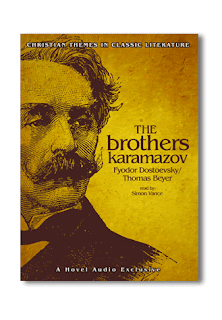 In the vein of other 'huh, I never realized that was the reason why that happened' books like Freakonomics, Blink, and Tipping Points, comes Scorecasting, which is the same type of book but for sports. It's written by two economists who are avid fans that take a look at about a dozen common assumptions about sports and dispel them using a bunch of stats. It's a good read.
In the vein of other 'huh, I never realized that was the reason why that happened' books like Freakonomics, Blink, and Tipping Points, comes Scorecasting, which is the same type of book but for sports. It's written by two economists who are avid fans that take a look at about a dozen common assumptions about sports and dispel them using a bunch of stats. It's a good read.Some of the most enjoyable chapters included answers to the real reasons home teams have such a huge advantage, why football coaches should go for it more on 4th down, how to measure to the true value of a blocked shot, do players really get 'hot', and, of course, are the Cubs really cursed? The whole book is an easy read and the authors do a nice job of clearly boiling down some very boring statistics to a couple of easy to understand chapters on each subject. Not in the same league as Freakonomics or Tipping Point for reader enjoyment or useful anecdotes, the book still keeps you interested by moving from question to question quickly and easily explaining the materials to keep maximum interest.
If you are a sports fan, this book is definitely worth the read. If not, I am not sure this book would appeal at all. For those of us who do love sports, this book really is a fun read because so many of the questions that they answers are so applicable to the sports we watch and their answers are so insightful. Not surprising, behavioral and psychological reasons are at the forefront of many of these issues.
So, if you're a looking for a quick, easy read about sports that dispels many commonly held assumptions, this book is for you. It won't blow you out of the water, but you can take 10 minutes here or there to finish most chapters and would be left with much better insight about the games. I will spoil the last chapter about the Cubs though, they're not cursed. They are just cheap.

